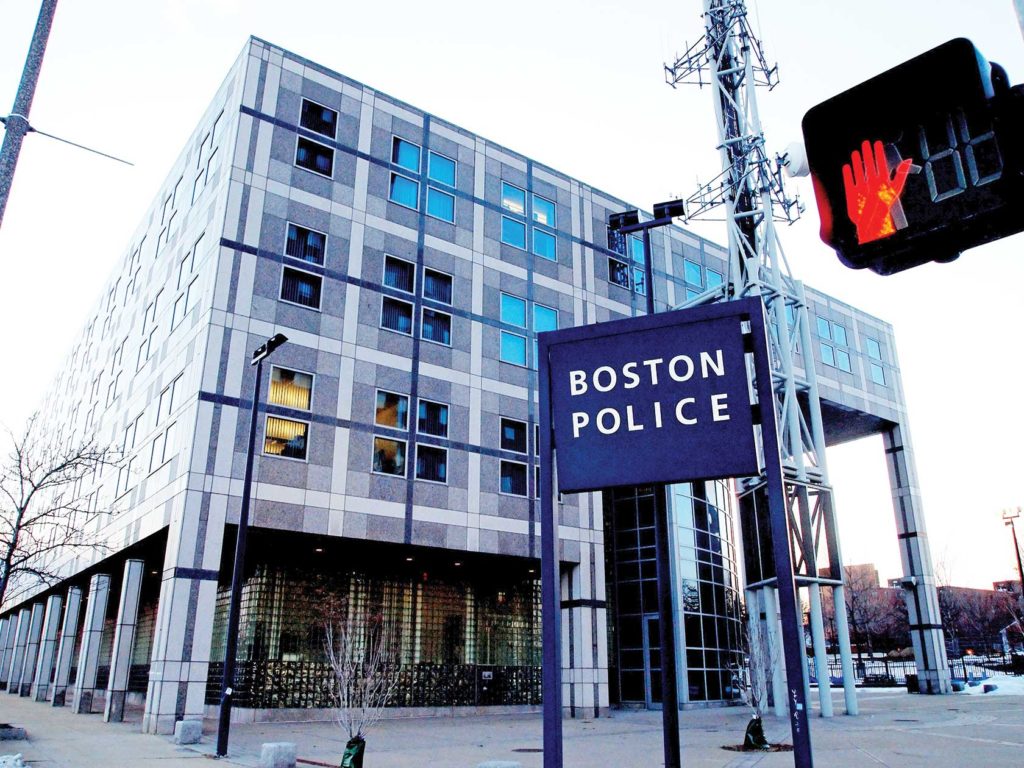Still no answers on BPD court overtime
Department records show officers at two places at once

In September 2020, the Banner asked the Boston Police Department why their records appeared to show officers collecting overtime for court duty while simultaneously making arrests and traffic stops sometimes miles from the nearest courthouse.
A spokesperson for BPD told the Banner at that time that the department was conducting an investigation into the instances, which appear to violate its overtime policies. Yet two years later, BPD officials have yet to disclose any results of their investigation and, as of last week, haven’t even confirmed an investigation is ongoing.
The Banner reached out to the department for comment last Wednesday and received no response. On Friday, a spokesperson for the department told the Banner the Office of Media Relations had been busy and hadn’t had time to respond to the query.
City Councilor Ricardo Arroyo, who requested the court overtime records from BPD officials in 2020, said the department’s lack of action is unacceptable.
“It should not take over two years to verify whether individuals were in two places at once,” he said. “Our officers deserve a process that is conducted in a timely manner and the public deserves findings. Failure to provide them in a timely manner unnecessarily contributes to harming the public trust in our police department. I hope they release their findings to the public soon.”
Combing through BPD overtime records in 2020, the Woke Windows Project, an organization that investigates allegations of police misconduct, found multiple instances in records obtained by Arroyo that spanned from 2016 to 2019. Police officers are entitled to overtime pay at the rate of time-and-a-half when they make court appearances while not on duty. Commonly, officers who work nights collect such pay when called into court to testify or present evidence.
Officers receive a minimum of four hours overtime, even in instances where an officer drops off a packet of evidence and leaves the courthouse immediately thereafter. The records Woke Windows compiled were of officers who claimed more than four hours and either made an arrest, a traffic stop or engaged in a field investigation observation report (FIO) at some point past the four-hour mark in the claimed overtime.
The Banner further eliminated instances in which officers conducted FIOs or arrests inside or in the immediate vicinity of a courthouse, and still counted 126 cases where officers appeared in BPD records to be on duty while collecting court overtime.
In recent years, BPD officers have been disciplined for collecting overtime in instances where they were either not required to work overtime or not eligible for such pay. Ten Boston police officers were disciplined after the department in 2011 conducted an internal audit that found more than 300 instances of questionable court overtime filings by members of the Drug Unit. A 2012 Boston Globe analysis found that over a two-year period, BPD officers had collected more than 400 hours of overtime pay for appearances that were not requested by prosecutors.
Such misconduct is widely regarded as theft of public resources.
Over the last two years, city councilors have zeroed in on BPD’s growing overtime. The department regularly overspends its overtime budget and even did so in 2020, despite declining crime rates and the absence that year during the pandemic of parades and special events such as First Night that normally drive overtime spending.







